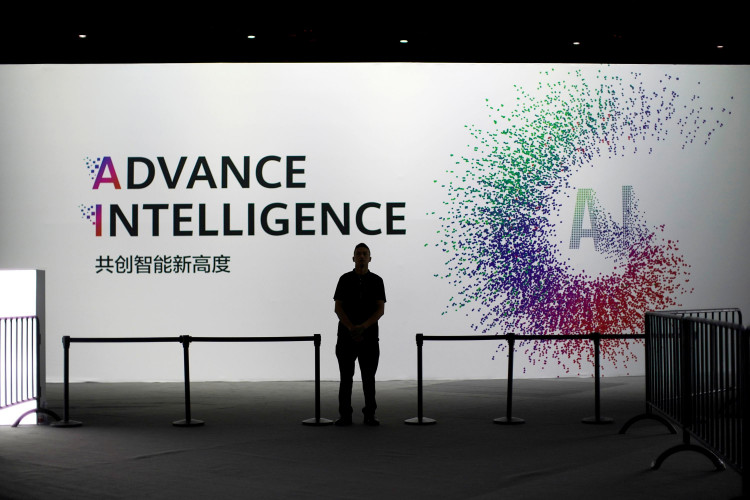When American regulators included Huawei Technologies to their trade blacklist, US President Donald Trump's advisers expected to derail the money-making ventures of the Chinese telco by tightening their access to US technology firms.
Fast-forward six months, Huawei has not only recalibrated its activities under the strict conditions of the Washington enterprise list, but has continued to push the global agenda of 5G - the next-generation wireless infrastructure that will help advance energy such as the digital network, autonomous driving and smart cities.
Huawei, which is headquartered in Shenzhen, will reach 180 days on Sunday under the U.S. trading blacklist, a questionable achievement that has been offset by attempts to improve its activities.
The privately-held tech company reported total revenues of 610.8 billion yuan (US$ 86.8 billion) for the nine months ending September 30 and more than 60 operational 5G distribution network deals to dominate the market, placing it in a spot to overtake this year's revenues of US$ 100 billion.
This success has defied early expectations that Huawei will falter under the US trade ban, which limits the company's exposure to technology of American origin such as computers and semiconductors.
Nonetheless, Huawei's septuagenarian founder and chief executive, Ren Zhengfei, may need to double measures to raise confidence in the world's largest network equipment manufacturer, as political and economic headwinds continue to threaten to drive their overseas business off a cliff.
Separate interviews with five former Huawei staff, who have direct knowledge of recent policies and who spoke on condition of anonymity, outlined how the organization, with Ren having a more practical approach, took a collective position against the effort of the U.S. government to disrupt its industry worldwide.
The preliminary gameplan was to focus on press relations with a clear-cut message: the company does not eavesdrop on Beijing and will not exchange user information with its government.
Within days of the U.S. Department of Commerce revealing that Huawei was attached to its blacklist, the company's telecom business group assembled a crack team, with legal staff, product marketing, global sales, supply chain, and technical support.
Their goal was to respond immediately to all related requests from Huawei's partners and customers in over 170 countries around the world - at any time, seven days a week.
Huawei has enhanced its public connections to provide a more robust marketing infrastructure like "Coffee with Ren" and boost its presence during different industry events, especially in Europe.






